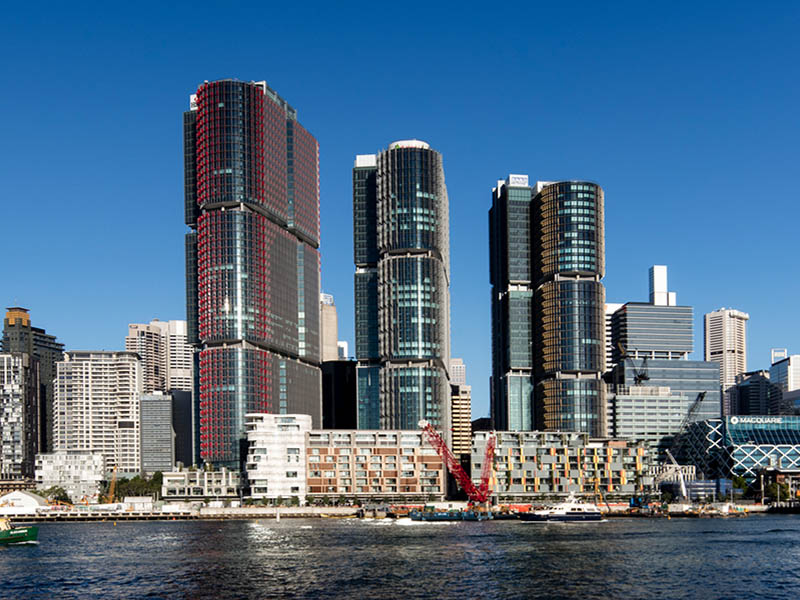The continued strength of Australia’s startup ecosystems has been put on notice in the 2019 edition of the highly regarded Startup Genome report: Sydney has fallen six places to 23rd as the best startup ecosystem in the world, while Melbourne has dropped out of the top 30 altogether.
Sydney and Melbourne were the only Australian city ecosystems examined by the global Genome report.
The result will be disappointing, given the amount of activity in the sector and perhaps describes how quickly competing ecosystems in other cities around the world are growing.

In the 2015 Startup Genome report, Sydney was ranked 15th in the world. It had slid to 17th in the 2017 report and now 23rd in the 2019 edition of the two-yearly Genome.
It wasn’t all doom for Australia’s local technology sector, however. The report identified positive growth in both Sydney and Melbourne and while this did not arrest a slide down the international rankings, both ecosystems gained ground in absolute terms.
Investments in startup infrastructure and system-wide improvements including a huge influx of capital into venture capital firms were not taken into account in these numbers, but are likely to have an impact further down the track.
“It’s a warning sign for Australia is if we don’t consistently support the growth of new high-growth businesses, we’ll fall behind the rest of the world even if we’re continuing to grow in absolute terms,” StartupAus chief executive Alex McCauley told InnovationAus.com.
“There is a huge opportunity on the table in Australia economically when it comes to technology and developing new industries,” he said.
“Every country in the world is chasing that opportunity with everything they’ve got, so we have to move really fast to keep up the game.”
The Startup Genome Global Startup Ecosystem Report ranked Sydney as the 23rd best startup ecosystem in the world, down six places from 2017’s rankings. Part of the reason, according to the report, is because four ecosystems – Denver-Boulder, Lausanne-Bern-Geneva, San Diego, Washington, D.C. – debuted on the list. Of these, three had a top 20 life sciences ecosystem, which does not exist in Sydney.
“It’s very clear Sydney has moved down in the rankings is not because we’re performing badly or going backwards, but rather because others are performing very well or other countries are investing heavily in building new industries and growing their startup ecosystems,” Mr McCauley said.
Melbourne, the only other Australian ecosystem analysed by Genome, was placed outside the top 30, however was considered alongside other cities such as greater Helsinki, Hangzhou, Jakarta and Lagos as “challenger” ecosystems that are rapidly growing and have the potential to become part of the next top 30.
Mr McCauley believes other Australian cities including Brisbane and Adelaide are strong contenders to be included in the future.
“The Queensland government has invested very heavily in technologies, startups, and new industry development and you can see the results of that in Brisbane. For example, Gilmour Space based in Queensland are the most successful scale-ups in the country,” he said.
“South Australia is also doing really well as well. There’s been some heavy investment in the last couple of years from two different stripes of the South Australian government. Both Labor and Liberal and put their back into helping Adelaide and South Australia in this new wave of technology opportunities. It’s this kind of cross-party commitment that we need at a federal level.”
With the election just over a week away, Mr McCauley said regardless of whichever side of politics wins, the incoming government “must acknowledge that building new industries is central to Australia’s continued prosperity and to make it very clear to the Australian public why technology and new industries are important for our economic well-being.”
“It’s not about kids building their businesses on laptops at cafes in Melbourne and Sydney, but the fundamentals of Australia’s economic future, it’s about how easy it is for Australians to turn great ideas into successful businesses,” he said.
“It’s a very clear message you can send so people understand that if we want to be successful down the track, we’re going to have to be building next-generation businesses that are creating 21st century jobs.”
Do you know more? Contact James Riley via Email.

